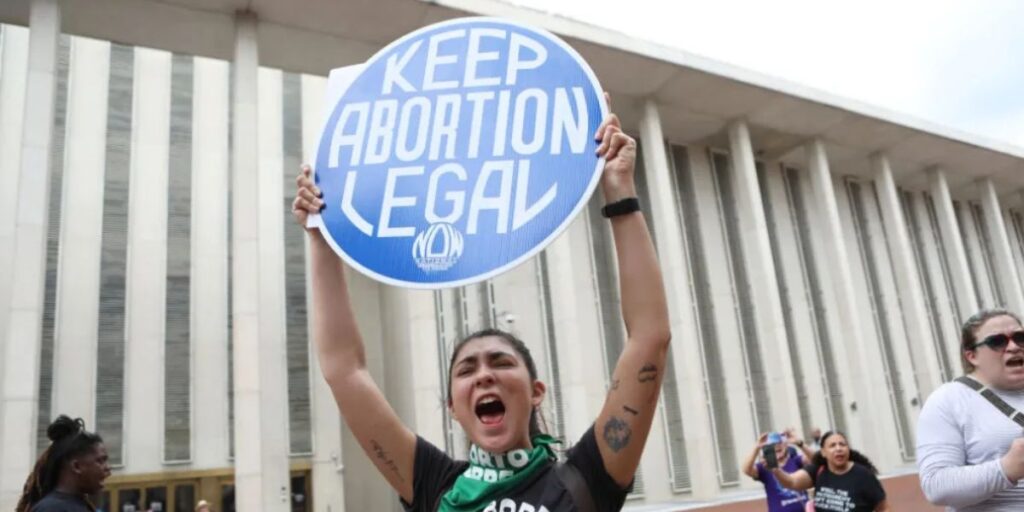In 2025, Illinois remains a stronghold for reproductive rights, offering one of the most comprehensive and protective abortion law frameworks in the United States.
While many states have enacted restrictions post-Roe v. Wade, Illinois has expanded access and strengthened protections for both patients and providers.
This article outlines the current legal status of abortion in Illinois, recent legislative updates, and proposed changes that could impact future access.
Legal Status and Core Protections
Abortion remains fully legal in Illinois through the point of fetal viability, which is generally around 24 to 26 weeks of pregnancy.
Abortions are also permitted beyond this period if necessary to protect the life or health of the pregnant individual, including mental health considerations.
Illinois law does not require parental consent or notification for minors seeking an abortion. The procedure is considered a fundamental right under state law, meaning it is protected at the highest level within the state’s legal system.
Shield Laws and Anti-Discrimination Protections
To safeguard reproductive freedom, Illinois passed a law that protects patients and providers from out-of-state lawsuits or criminal charges related to abortion services provided legally within the state.
This shield law also ensures that health insurance companies cover abortion care without unnecessary restrictions.
Additionally, beginning in January 2025, Illinois law prohibits discrimination based on a person’s reproductive health choices.
This includes protections in employment, housing, education, and public services for individuals who have had abortions, used contraception, or pursued fertility treatments.
New Bills and Legislative Proposals in 2025
Although Illinois is known for its protective stance, several proposed bills in 2025 seek to impose stricter rules:
- HB 1333 proposes to repeal current protections and redefine fetal viability to include any detectable heartbeat.
- HB 3852 introduces new penalties for late-term abortion providers, even in cases where the procedure is medically justified.
- HB 1336 calls for mandatory parental notification and revives previously repealed laws restricting certain types of abortion procedures.
These bills have sparked major debates and are still under consideration by the Illinois legislature.
Emergency Medical Care and Clinic Access
Illinois law mandates that hospitals provide emergency abortion care when a patient’s life is at risk. This ensures access to timely, potentially life-saving treatment in crisis situations.
To protect clinics and patients from harassment, many cities in Illinois enforce “buffer zone” ordinances that limit protests within a specific distance from abortion facility entrances. These local laws remain in effect and are considered critical in maintaining safe access to care.
Cost and Availability
Illinois continues to experience high demand for abortion services, especially from out-of-state residents.
As a result, procedure costs have increased, often ranging from $450 to over $1,000 depending on the gestational age and type of service. Additional expenses, such as travel and lodging, further impact accessibility—particularly for low-income patients.
Despite these challenges, Illinois maintains a robust network of clinics, primarily in urban areas like Chicago, where access to providers is strongest.
Final Thoughts
Illinois continues to lead the nation in protecting reproductive rights. With solid legal protections, no parental involvement requirements, and emergency care mandates, the state remains a safe option for abortion access in 2025.
However, ongoing political debates and proposed legislation could change the landscape in the coming years. Staying informed about these developments is essential for both residents and those traveling to Illinois for care.




More Stories
2025 Illinois Abortion Law: Key Rules, Restrictions & Changes
2025 Illinois Abortion Law: Key Rules, Restrictions & Changes
2025 Illinois Abortion Law: Key Rules, Restrictions & Changes